A flexible self-powered ultrasensitive pulse sensor (SUPS) based on a triboelectric nanogenerator (TENG) is presented.


A flexible self-powered ultrasensitive pulse sensor (SUPS) based on a triboelectric nanogenerator (TENG) is presented.

Researchers from the Max Planck Institute for Intelligent Systems develop a durable, flexible adhesive film for use in wearable healthcare devices.
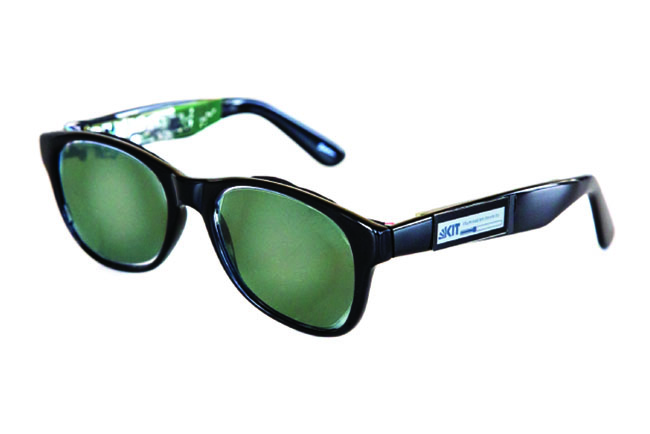
In an important step forward for wearable electronics, researchers design and build a set of “solar glasses”, which integrate transparent solar cells into the lenses and electronics into the frames, to measure and display the instantaneous light intensity and ambient temperature.

Researchers develop a vapor-coating technique to produce wearable electronic devices from conducting-polymer-coated off-the-shelf, plain-woven fabrics.
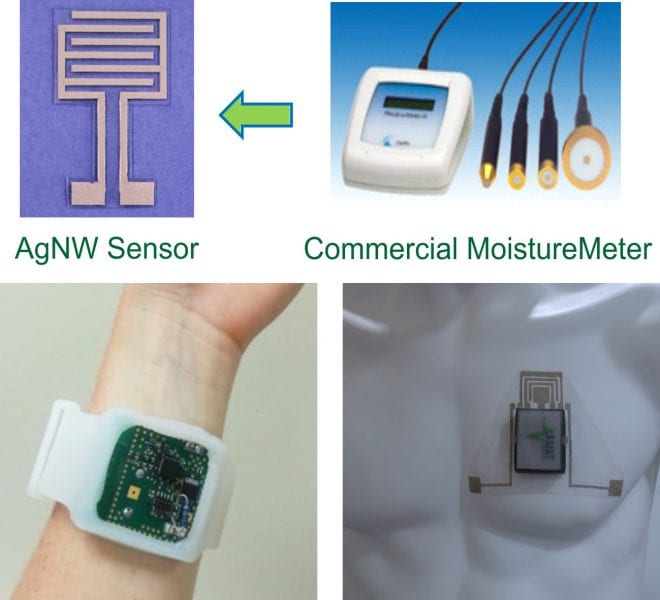
Wearable sensors for quantitative assessment of hydration status.
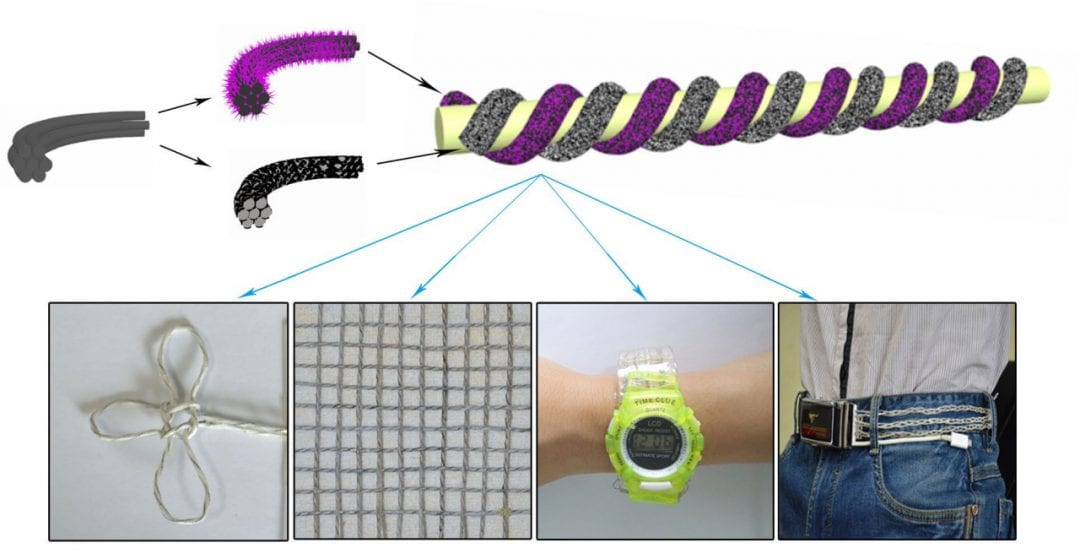
Prof. Guozhen Shen’s group has designed and fabricated metres-long flexible wire-shaped supercapacitors, which can be easily woven into wearable and patterned textiles.
A multiple core–shell 3D printing method has been developed to fabricate soft, stretchable, fibre-based, capacitive strain sensors. The sensors can be readily integrated into conventional clothing and used in gait monitoring.
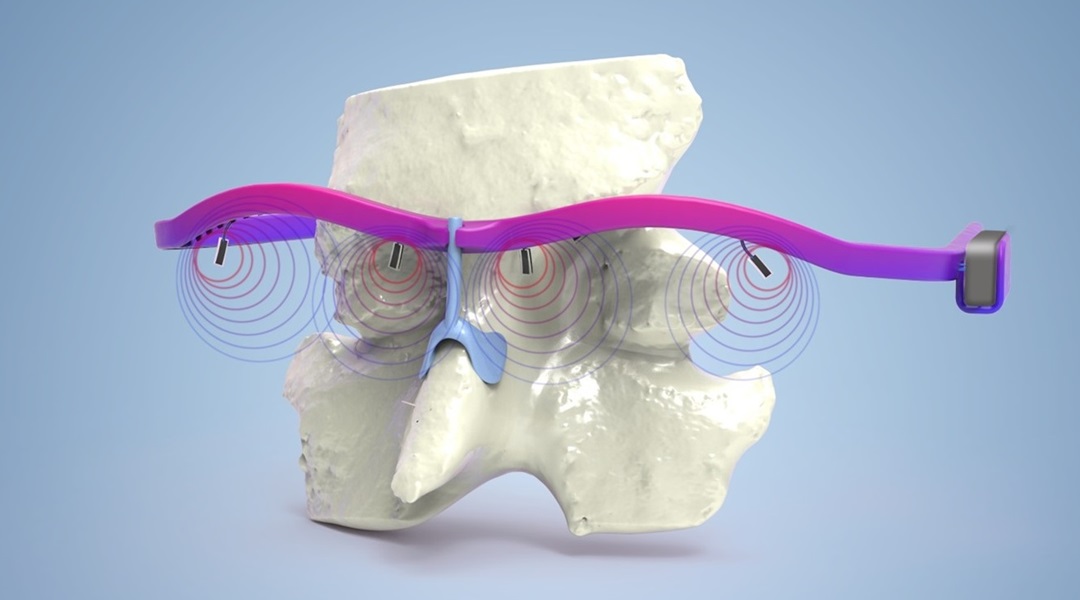
Compact sensors enable integration of fatigue feedback into daily decision-making.
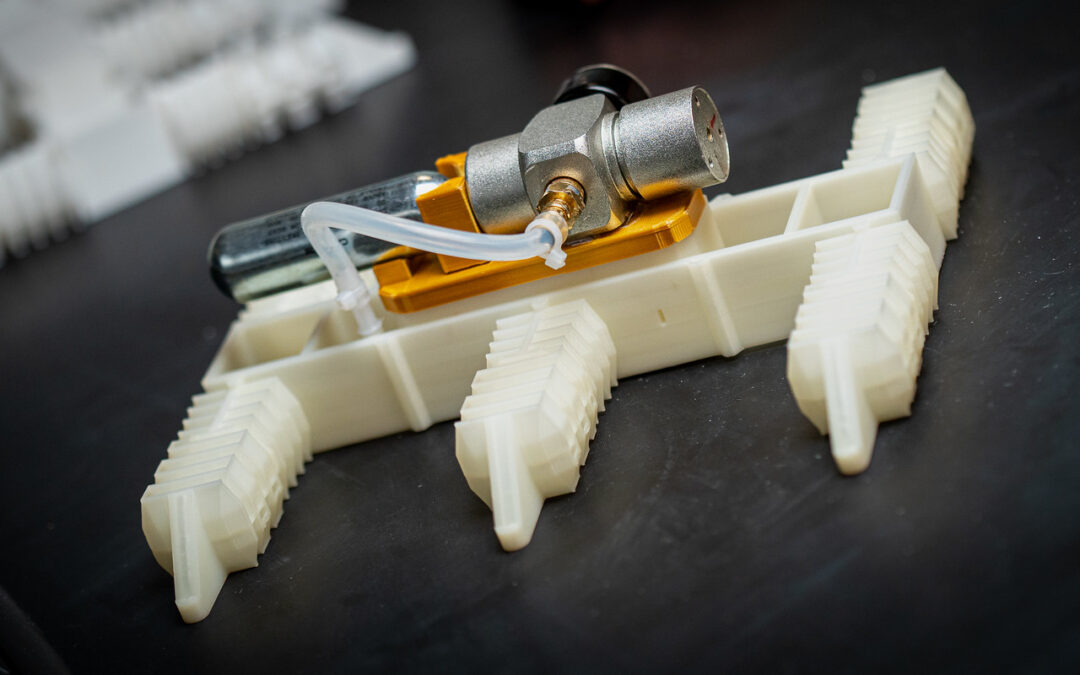
Robot fabrication in a single step with a desktop 3D printer and pressurised gas.
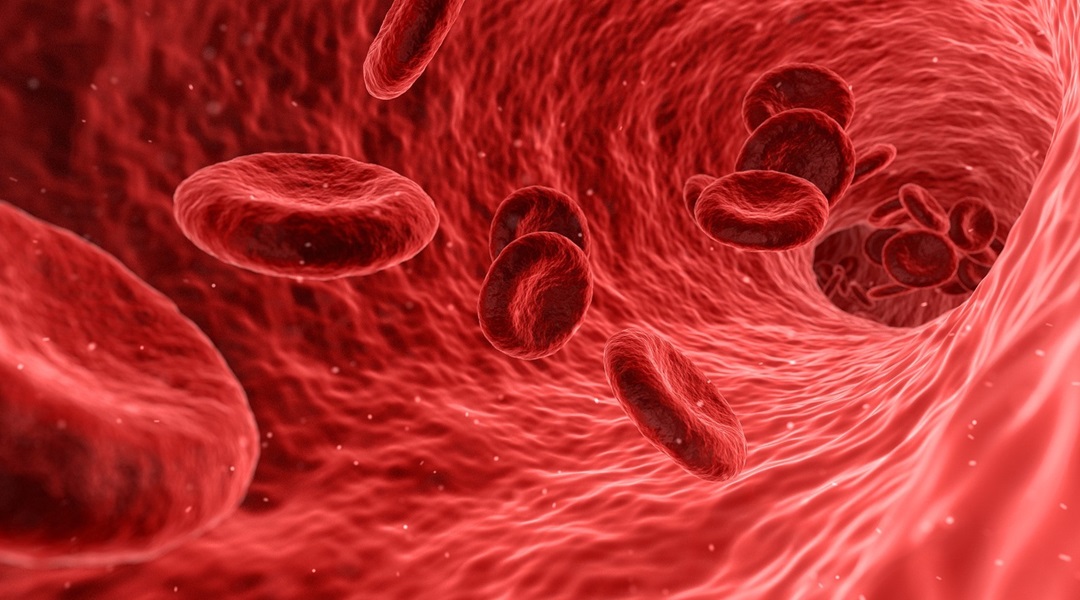
Wearable sensors help women analyse menstrual blood for affordable, non-invasive health monitoring.